How Often Can You Dye Your Hair Wigs?
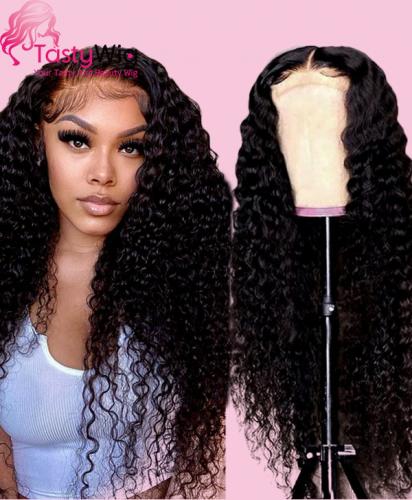
Dyeing your hair can be a fun way to change up your look to match your mood or the season. For instance, people often dye their hair into a light, sunkissed hue for summer or a darker, sultry color for colder days. While you can technically dye your hair as often as you’d like, coloring your hair too often can cause it to become dry, brittle, and prone to breakage, compromising the overall health of your strands.
Do you wonder how often you can dye your hair like 18 inch wigs? Keep reading this article to help keep your hair as healthy as possible while still having fun.
How Often Can You Dye Your Hair?
TastyWig said that although it can be tempting to swap from one hair color to another on a whim, there is no doubt that it also brings some damage to your natural hair.
Whenever you bleach, dye, or chemically straighten your human hair wigs, all of these chemical treatments will cause significant damage to the fiber structure. It will make hair more porous. As a general rule, the more porous hair is, the more dry, coarse, and damaged it can appear.

In a word, the more you color your hair, the more protein you are losing from each individual fiber, making your strands difficult to comb, style, and maintain, with an increased likelihood of split ends and breakage.
Thus, we suggest you had better color your hair every four to six weeks. Naturally, the less frequent, the better.
Which Are The Factors Influence The Frequency Of Dying Hair?
Generally speaking, the frequency to dye your hair will also depend on the way you dye your hair, which type of dye you use on your natural hair, as well as how you care for and maintain your strands in between dye jobs.
FACTOR #1: Which Type Of Dye You Use
1. Temporary Dye
The temporary dye lasts the shortest amount of time and will typically disappear after your first shampoo. If you want to experiment with color without making a lasting change yet worry about the dye will be harmful to your hair, the temporary hair dye will be a great option.
2. Semi-permanent Dye
The semi-permanent dye will last up to 3 to 6 washes and can be done every week. It does not penetrate your hair and doesn’t lift or lighten your natural hair color.
Different from demi-permanent and permanent dyes, semi-permanent dyes don’t contain any peroxide. They can only darken your color, they can’t lighten it. in other words, they can take you from a honey blonde to a brunette, but they can’t take you from brown to blonde.
3. Demi-permanent Dye
As a low-level peroxide dye, semi-permanent dye will last a little longer than semi-permanent since it can deposit color, and penetrate your hair shaft. The semi-permanent dye will last up to 20 washes and should be used every 6 to 8 weeks.
4. Permanent Dye
As the only type of dye that will cover grey hair, permanent dye always is used in tandem with what’s called developer. It can be used in any coloring process or technique, including single process (bleach-only), double process, highlights, lowlights, and balayage.
Permanent hair dye can either lighten or darken and can last up to 8 weeks. Generally, it’s safe to re-dye every 6 to 8 weeks.
But it may require touching up at the roots as your natural color grows in.
Also, permanent hair color has the greatest potential for hair damage due to the chemistry involved and should be done most cautiously.
Permanent color is the best way to achieve full coverage of gray hair, and it’s more a matter of growing it out rather than washing it out.
5. Bleach
Bleach involves chemicals that can strip the strand of its melanin and is often used to lighten the hair.
It’s not technically a dye but is often used when coloring your hair (especially if you’re going from brunette to blonde), and it’s permanent. It means it cannot be washed out and will last until you get new regrowth.
It also means you’ll definitely want to wait until your new hair has completely grown out before you bleach again, generally at least 8 to 10 weeks.
FACTOR #2:The Current Condition Of Your Hair
If you start with healthy hair, it may be less likely to get heavily damaged with hair dye. But if your hair is damaged, to begin with, it is best to give it a long time to rest between dyeing. Hold off on coloring your hair until it's revived and restored.
Here, we suggest you consider the frequency you’ve been dyeing your hair with how damaged it is and then adjust the rest time in between sessions according to how well you think your hair can withstand hair dye. In the process, you can do a hot oil treatment or get a trim to remove the more damaged ends.
FACTOR #3: The Type Of Your Natural Hair
Besides that, how often you can color your hair partly depends on the rate of your hair growth, your base color, and what shade you are changing to.
For instance, most people’s hair grows about half an inch per month, but if yours grows quicker than that, you may require more regular coloration.
Similarly, those with darker base hair who are dyeing to a lighter color may also need more frequent attention to avoid their natural color showing through at the roots.
FACTOR #4: Your Preferences
Last but not least, your personal preferences play an important role in how often to color your hair. Ask yourself, are you the sort of person who’s comfortable with their natural roots showing for a short while, or are you more high maintenance? If it’s the former, you can get away with dying every couple of months.
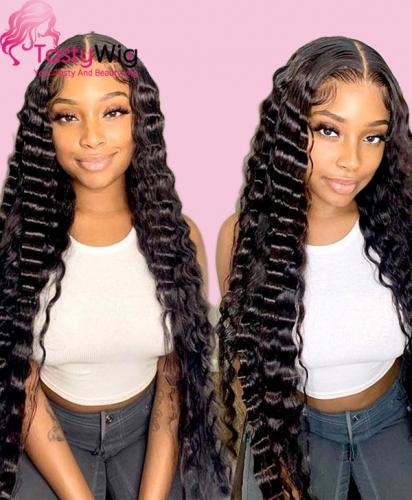

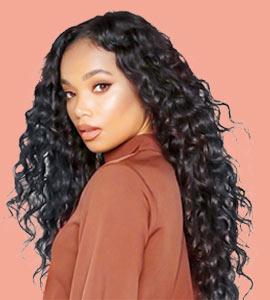




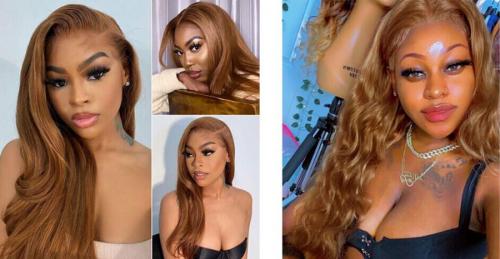
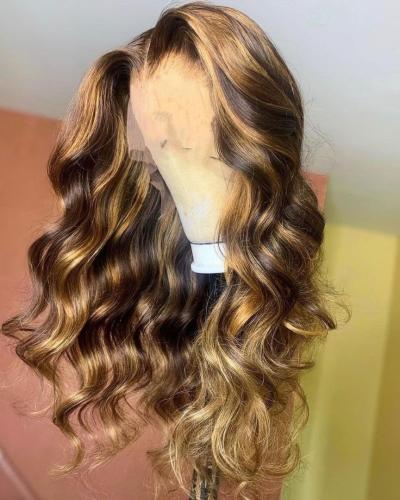
Comments